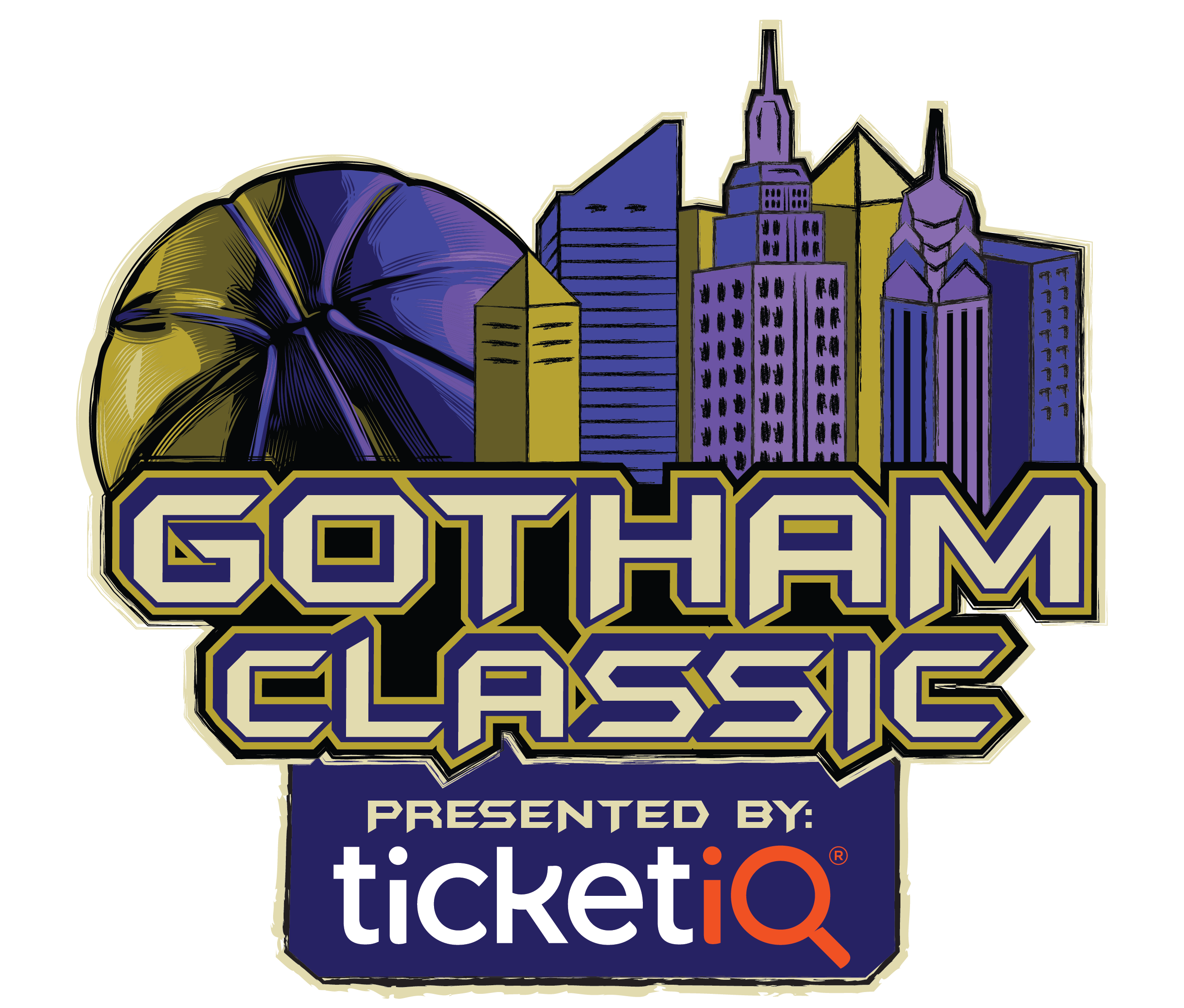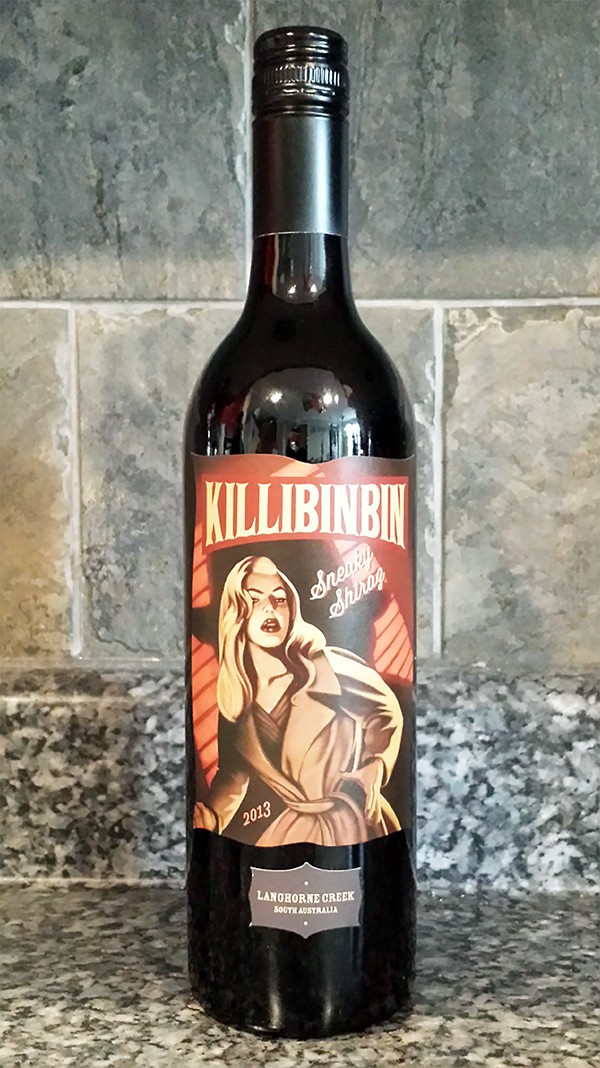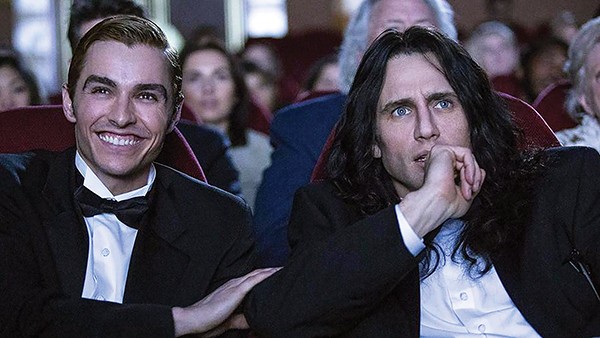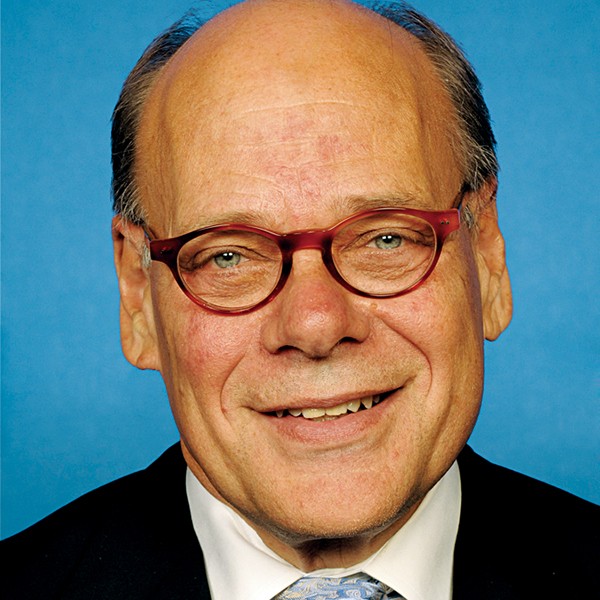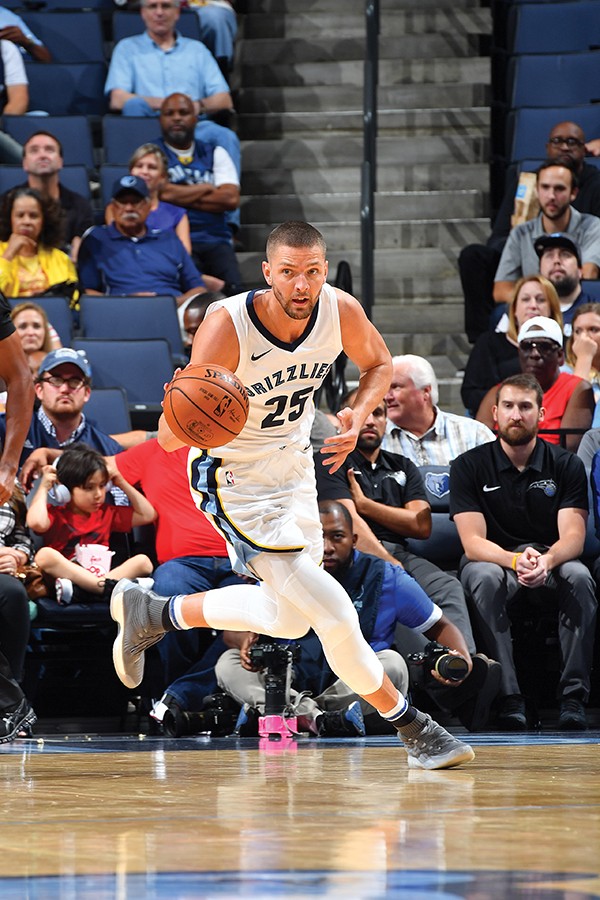 Joe Murphy (NBAE/Getty Images)
Joe Murphy (NBAE/Getty Images)
Chandler Parsons
Last night’s game between the Grizzlies and Heat was a close one until the fourth quarter, when things really got out of hand. During the final twelve minutes of action, the Grizzlies managed to give up 37 points to Miami, including 8 of 9 from 3-point range. It was an abysmal performance to cap what had been an uneven (but not terrible) game to that point, with the Grizzlies starting out on top before slowly surrendering the lead to the Heat and then very slowly losing ground right up until they hit the breaking point at which they apparently decided they wouldn’t win and throw in the towel.
I usually have five thoughts after games this season, but honestly, there’s not much to say about what happened last night. Interim head coach JB Bickerstaff already said it in the postgame presser: the effort wasn’t there. For a team with a long and storied history of winning close games at a pace that statistical analysis could never quite figure out, last night was a kind of opposite, the bizarro reflection of a beloved playoff team caving in on itself on a Monday night in a building that was 2/3 full.
One Thought
★ The Grizzlies are bad. They just are. At this point, it doesn’t matter when Conley comes back, because—even though there’s no doubt that he will make the team better, and more cohesive—the damage has already been done. Not necessarily to the season. New Orleans and Oklahoma City both lost last night; even as bad as they’ve been the Griz aren’t really out of the playoff hunt yet. But they’ve been exposed.
They have a lot of players that just aren’t very good. A team that has to rely on Mario Chalmers and Ben McLemore to soak up major minutes at the guard spots will not win basketball games. A team that has to rely on Jarell Martin’s defense to make it through stretches of bench play will not win basketball games. A team that has to rely on Marc Gasol to do everything everywhere and somehow keep his faith in his teammates intact will not win basketball games. To refer back to the OKC game, a team with three guys who miss a collective four free throws, each of which could’ve won them the game, will not win basketball games.
There’s not much in the way of analysis that hasn’t already been done at this point. The Grizzlies are bad.
Why?
That’s the fun part: we already know why. That part has already been discussed to death here and elsewhere on the basketball intertubes. They don’t have enough good players. Since moment one of the regular season, they’ve been missing at least one projected starter, and with Conley missing as much time as he has, it’s usually been at least two.
The late lamented David Fizdale’s rotations didn’t make a whole lot of sense once Conley went down. But while Bickerstaff’s are different, he’s facing the same fundamental problem: the depth that a lot of us, myself included, talked ourselves into during the preseason simply isn’t there. This team isn’t good enough to play 11 guys when Conley and Selden are both out; they simply don’t have enough real NBA players to pull off that long of a rotation. Mario Chalmers, Ben McLemore, and Jarell Martin shouldn’t be playing at all, and yet, through necessity and, in McLemore’s case, the desire to get something out of him and prove he was worth the bad contract to which the Grizzlies signed him, they’re playing. (Important to note here that Martin was only in for the final 1:52 last night, after playing a bigger role in the OKC game and getting a DNP-CD in the Toronto game. His spot, at least, seems to be vanishing out from under him as he continues to fail to distinguish himself as a player with any NBA skill.)
The problem now, as illuminated last night by the team’s total collapse down the stretch of a very winnable game, is that they look like they know they’re not very good. They folded last night, and it was obvious. Bickerstaff conceded as much after the game. But that doesn’t help Gasol’s mental state, it doesn’t help the young guys gain the confidence they need to play through these sorts of stretches (which are bound to happen to every team in every season, if not to this degree), and it doesn’t change the fact that this was a mediocre team this year even if everything went right. Everything has not gone right. So while I’m not sure it makes sense to lament the possibilities of the 2017-18 Grizzlies, who were probably bound for a seven or eight seed and a first-round exit in the best case scenario, it’s certainly true that they weren’t supposed to be this.
This is the worst Grizzlies team since 2008-09, minus the promise of Rudy Gay, Mike Conley, OJ Mayo, and Marc Gasol maybe becoming something someday. It’s a dead end right now. There are young guys who could be good in a couple of years, but there’s no future core being established, no Three Year Plan. They’re just bad right now. And they know it. And that’s why they folded last night. I don’t see any reason to expect anything different from them, if that’s how it’s going to go.
Tweet of the Night
Mario Chalmers is, indeed, washed.
Let's take a live look at Mario Chalmers pic.twitter.com/YqtsPodTjv
— Joe Mullinax (@JoeMullinax) December 12, 2017
Heat 107, Grizzlies 82: One Thought
Up Next
Misery. Suffering. The rending of garments. Weeping and gnashing of teeth. Having been cast into outer darkness.
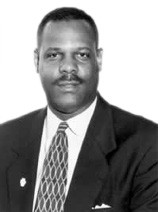 Tic Price
Tic Price 
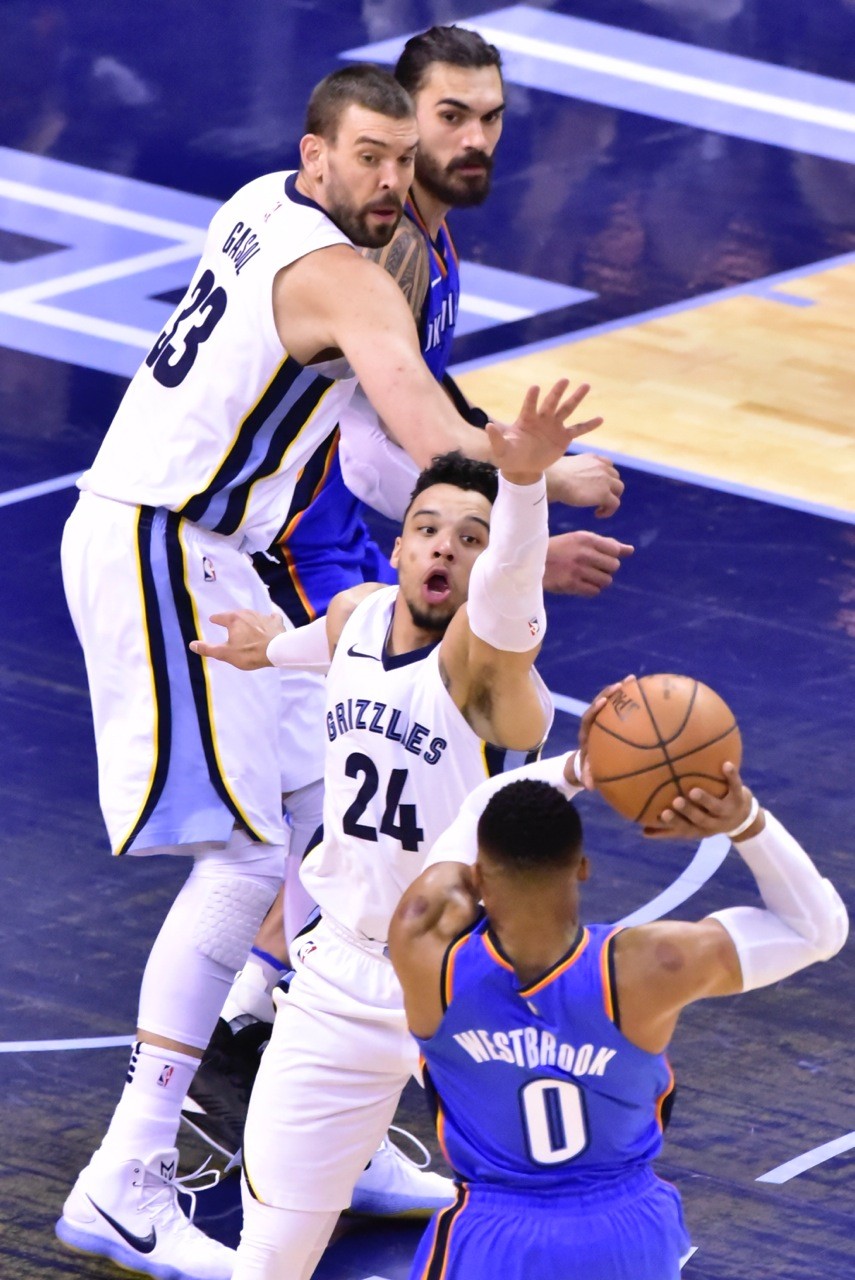 Larry Kuzniewski
Larry Kuzniewski 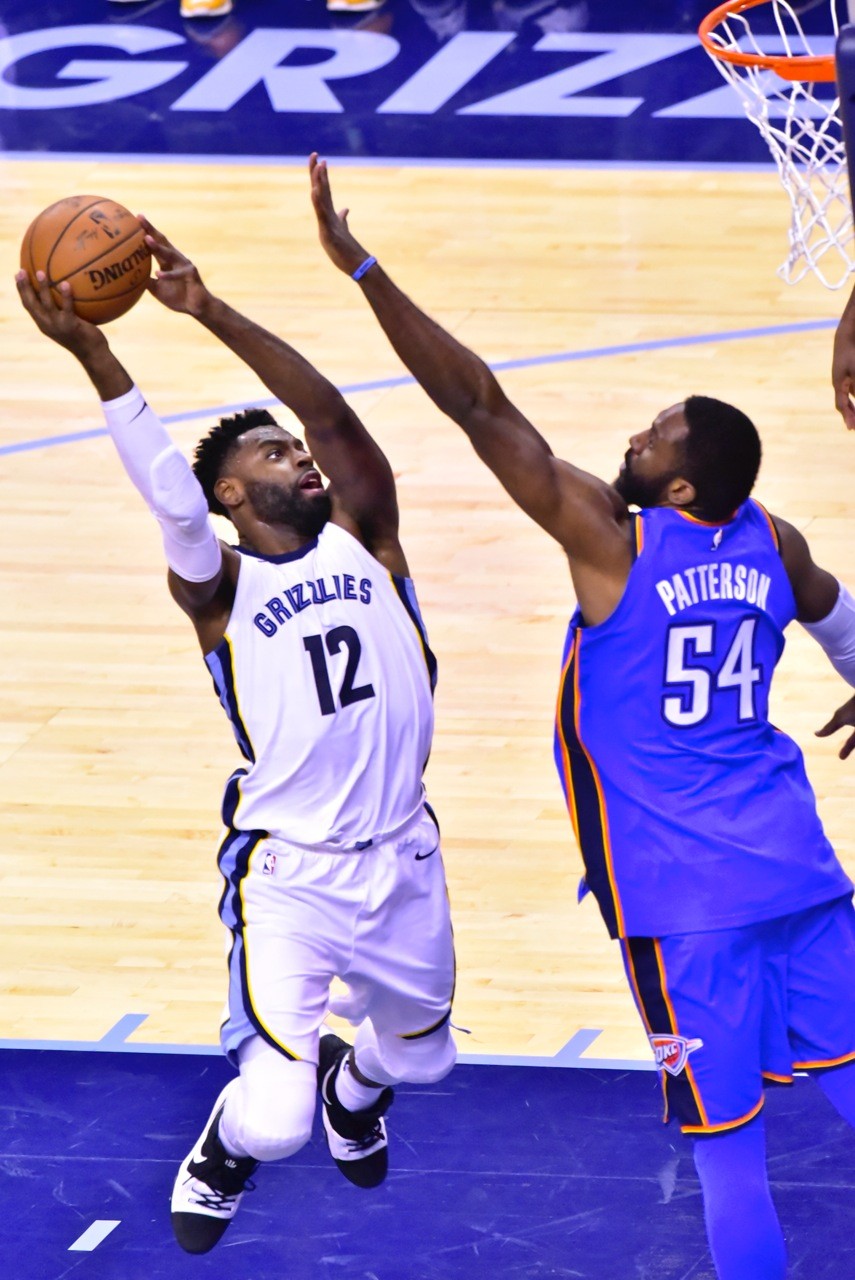 Larry Kuzniewski
Larry Kuzniewski 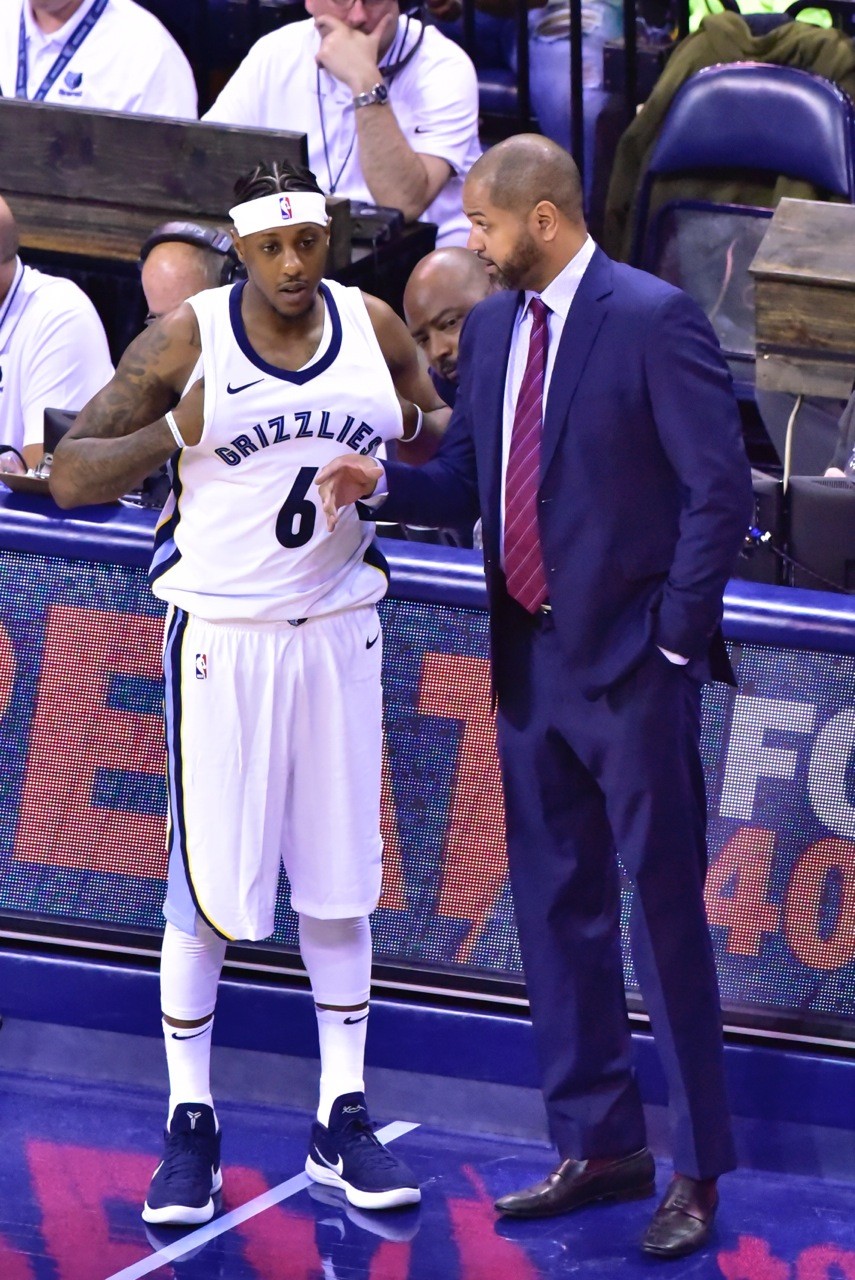 Larry Kuzniewski
Larry Kuzniewski 